One of our cases this month has seen us involved in discussions regarding land values.
The facts are very straightforward. Somebody has died, leaving a modest amount of savings and a house with a very large garden. The garden is considered by the family to be suitable for development.
The question is “what is the value to be entered on the Inheritance Tax form?” The Taxes Act is quite clear being “the price the asset would be expected to fetch on the open market”. The family have instructed various valuers and have received vastly different values in relation to the land.
The question is what is the premium of the land to reflect its hope value, that part of the value reflecting its potential sale? This depends on the chance the family have of obtaining planning permission for development, the size of that development and how soon it is likely to bear fruit.
How does this translate to taxation? The value arrived at will be subject to Inheritance Tax. We are able to reduce the amount chargeable by the allowances available including the transfer of unused allowances from the previously deceased spouse, of the person who has died.
If the value is under the total of allowances, the no IHT is payable.
However, the value arrived at is crucial to the onward sale of the land. The value on death will form the base cost for a future sale by the beneficiaries. They will have to pay Capital Gains Tax on any sale proceeds above their inherited value.
This may encourage the family to use the values supplied by the more bullish valuers who have gone for the higher values. The most tax efficient solution is a high value below the IHT allowances.
We do need to make it clear that it is the duty of the Executors to report the correct valuations which may or may not be the most tax efficient. Ultimately, any value submitted will need to be agreed with HMRC’s District Valuer and there are penalties for submitting reckless values.
The above does show the integration of the different taxes which is why we consider, as accountants, we are ideal to carry out probate work, as we already consider all of the seven main taxes in everything we do.
Note:
This article was written by Barry Jefferd, Director of G H Probate Ltd, authorised by the Institute of Chartered Accountants in England and Wales to carry out the reserved activity of non-contentious probate. Contact Barry on 01480 426500 or barry.jefferd@georgehay.co.uk on any probate matters.









